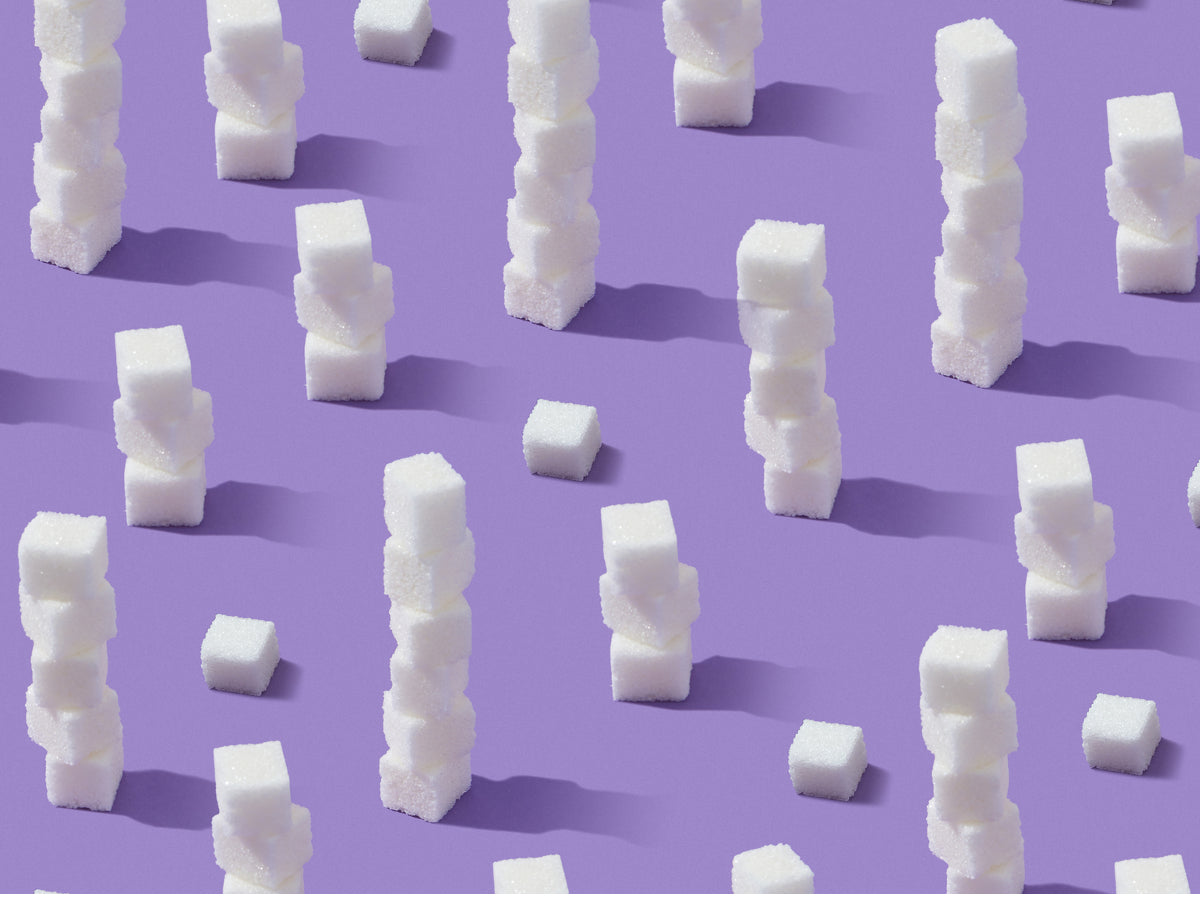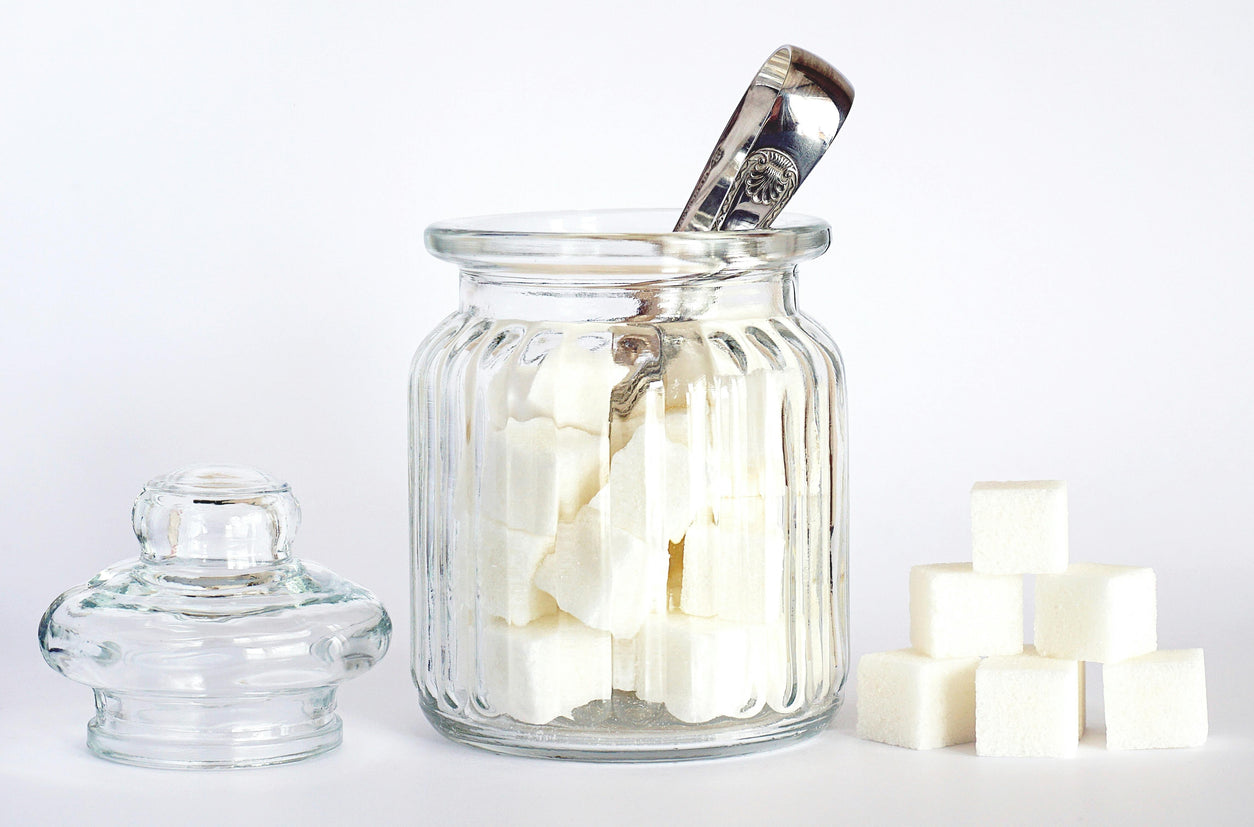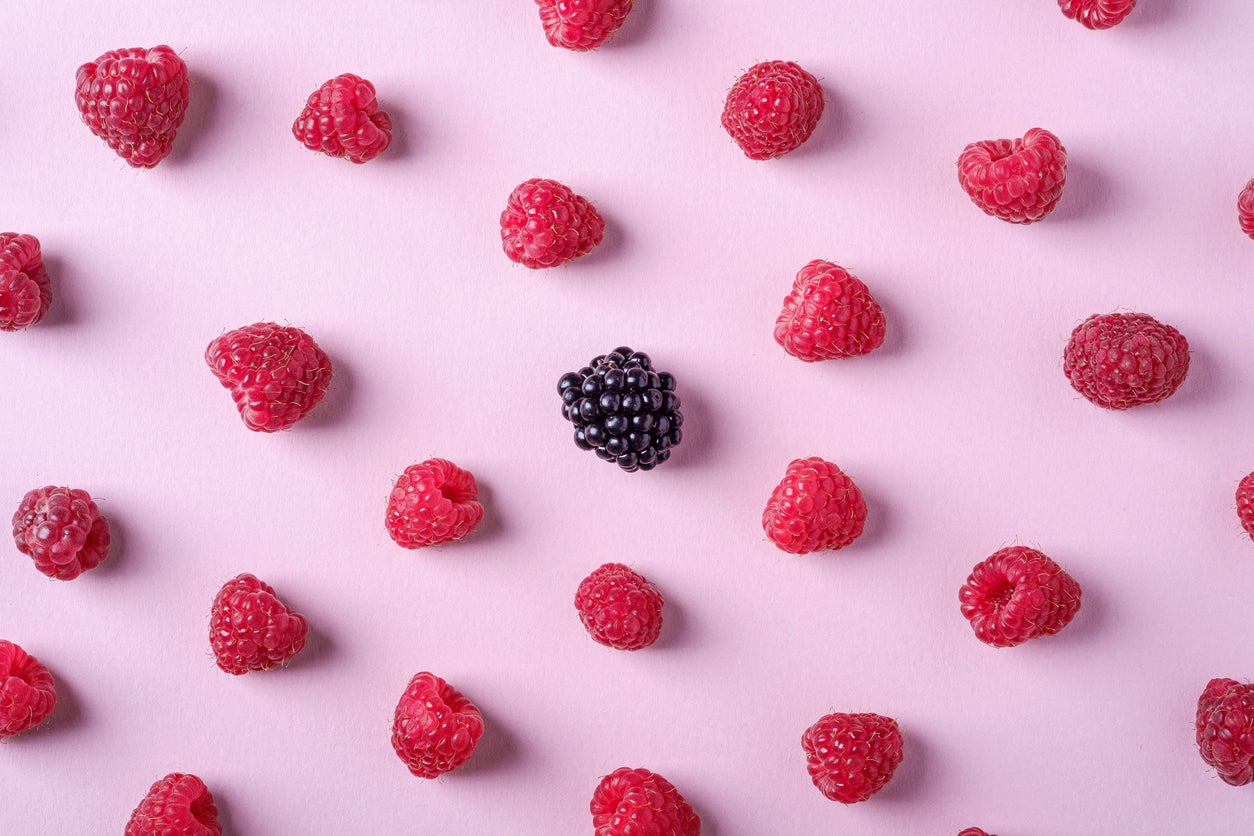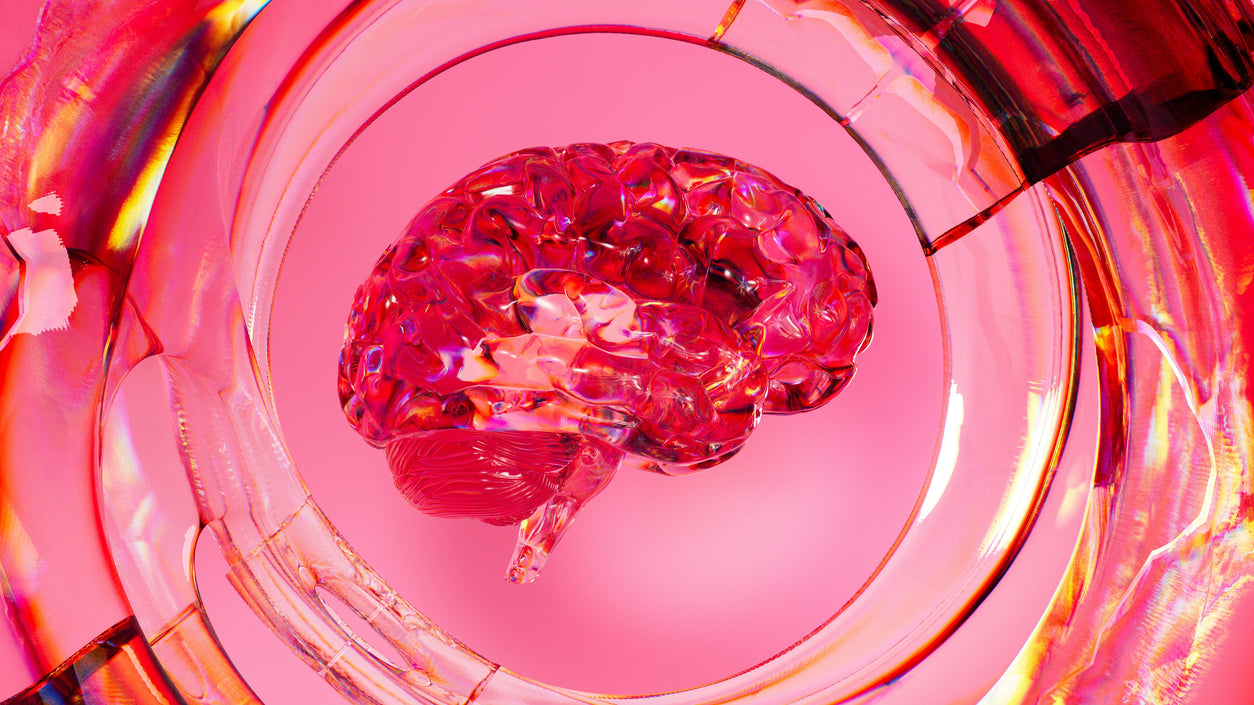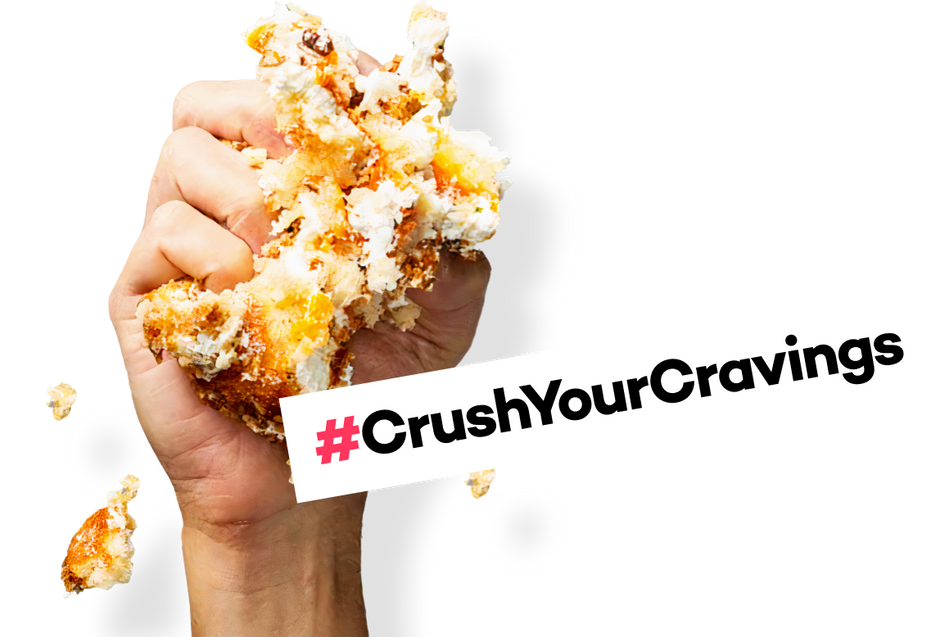That’s why we decided to write this piece. We wanted to breakdown the risks, things to watch out for and make some recommendations for people who are worried they sometimes take it too far.
We’re not trying to scaremonger, we just want to share what we’ve learned on our journey. We also want to thank the heroes at the NHS and the captains at Action on Sugar who were a major source for our research.
The sugar trap
When we talk about sugar here, we’re talking about ‘free sugars’ (ironic as they make us anything but free). These are also known as added sugars and are different to most naturally occurring sugars. They’re added to shit food and drink so it tastes better and makes more money for the profit-hungry businesses who produce it.
Added sugars include the usual suspects such as sugars in biscuits, chocolate, flavoured yoghurts, breakfast cereals and fizzy drinks. But sugars in honey, syrups (such as maple, agave, and golden), nectars (such as blossom) and unsweetened fruit juices, vegetable juices and smoothies, occur naturally but are also considered free sugars. As you've probably guessed, collectively we eat way too much of these.
What’s your allowance?
The UK government recommends we reduce our intake of free sugars to 5% of our daily calories. Let’s break that down for age groups:
- Adults: no more than 30g/day (7 sugar cubes) – a small glass of fruit juice and a flavoured yoghurt
- Children aged 7-10: no more than 24g/day (6 sugar cubes)
- Children aged 4 to 6: no more than 19g/ day (5 sugar cubes)
- There's no official guideline limit for children under the age of 4, but it's recommended they avoid sugar-sweetened drinks and food
Consuming free sugars contributes to weight gain; they’re unnecessary and useless calories. When consumed in excess, they increase your risk of health problems, notably heart disease, some cancers, type 2 diabetes and tooth decay.
The dream (as part of living a balanced life – the challenge we all face) is to vary our diets with other kinds of foods (starchy ones, fruits, vegetables) and to minimise our free sugars. Or, even better, not have them at all.
Ways and means
Being told to cut down is one thing. Doing it, another. It’s bloody hard without help. That’s why we’re here, obviously. But there are some other things that can make a difference too…
Focus on naturally occurring sugars in fruits and vegetables, which don’t create tooth exposure to raw sugar, and provide slow absorption of sugar into the bloodstream.
There are also lots of health heroes out there providing healthy alternative desserts and food hacks – like having dried fruits or sugar-free brownies.
Achieving a balanced diet and lifestyle is one of life’s challenges. It’s also a personal journey. How you achieve it will be unique to you and the reasons you want to change.
The important thing is recognising you’re ready and getting started.
